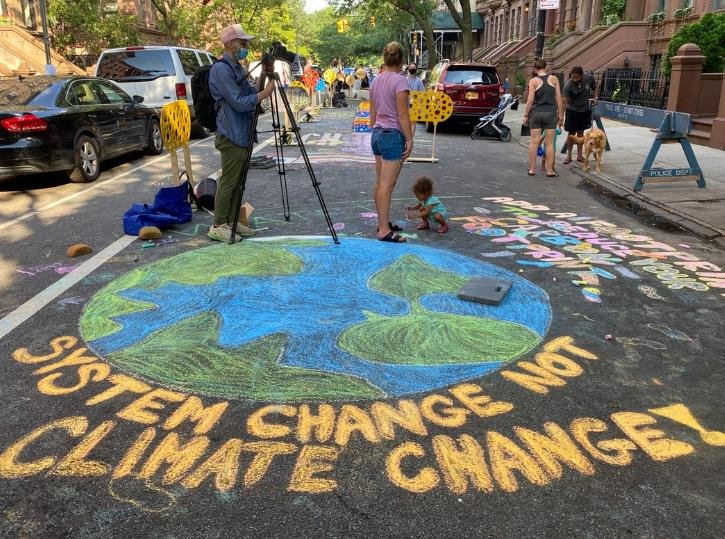A recent report by Climate X has revealed that a staggering 88% of the world’s leading banks are unprepared for climate-related disruptions. The report, which evaluated the climate adaptation maturity of 50 of the largest commercial banks, highlights significant gaps in preparedness and strategic alignment. Despite growing awareness of climate risks, only a handful of banks have implemented robust adaptation strategies, raising concerns about the sector’s ability to support long-term economic stability in the face of climate change.
The Climate X report underscores the alarming lack of preparedness among top global banks. Out of the 50 banks assessed, only seven met more than half of the climate adaptation criteria, and none met all the criteria. This indicates a widespread failure to integrate climate adaptation into strategic decision-making processes. The report evaluated banks across 17 key indicators, including risk assessment, strategic alignment, and the development of products and services that support resilience.

Lukky Ahmed, CEO of Climate X, emphasized the critical role banks play in helping clients understand and manage physical climate risks. He noted that despite increasing awareness, many banks are still falling short in implementing effective adaptation strategies. This gap in preparedness could have severe implications for long-term economic stability, as banks are crucial in financing adaptation efforts and supporting communities and businesses affected by climate-related disasters.
The report also highlighted regional disparities in climate adaptation maturity. European banks were found to be leading in this area, while banks in the U.S. and Australia lagged significantly. This regional variation suggests that policy frameworks and regulatory environments play a crucial role in shaping banks’ climate strategies.
Regional Disparities and Leading Banks
The Climate X report revealed notable regional disparities in how banks are addressing climate adaptation. European banks, such as Standard Chartered PLC and Banco Santander SA, were among the top performers, demonstrating a higher degree of climate adaptation maturity. These banks have made significant strides in integrating climate risks into their strategic planning and developing products that support resilience.
In contrast, banks in the U.S. and Australia were found to be lagging. Institutions like Morgan Stanley and Goldman Sachs Group Inc. ranked among the lowest in terms of climate adaptation maturity. This disparity highlights the need for stronger regulatory frameworks and policy incentives to encourage banks in these regions to prioritize climate adaptation.
Kamil Kluza, COO of Climate X, pointed out that the ranking sheds light on significant transparency and action gaps across the banking sector. He stressed the importance of banks taking a leadership role in driving adaptation financing to ensure that businesses and economies can withstand the challenges posed by climate change. With climate inaction potentially costing up to 20% of cumulative global GDP by 2100, the stakes are high.
The Path Forward for Banks
The findings of the Climate X report highlight the urgent need for banks to enhance their climate adaptation strategies. To address the significant gaps in preparedness, banks must incorporate climate risks into their strategic decision-making processes and develop comprehensive adaptation plans. This includes conducting thorough risk assessments, aligning their operations with climate goals, and creating financial products that support resilience.
Banks also need to improve transparency and reporting on their climate adaptation efforts. By providing clear metrics and evidence of their strategies, banks can build trust with stakeholders and demonstrate their commitment to addressing climate risks. This transparency is crucial for attracting investment and support from both the public and private sectors.
Furthermore, collaboration and knowledge sharing among banks can play a vital role in advancing climate adaptation. By learning from best practices and successful strategies, banks can enhance their own efforts and contribute to a more resilient financial system. International cooperation and partnerships with organizations like Climate X can also provide valuable insights and resources to support these initiatives.
In conclusion, the Climate X report serves as a wake-up call for the banking sector. With the majority of top banks failing to adequately address climate adaptation risks, there is an urgent need for action. By prioritizing climate adaptation and enhancing their strategies, banks can play a crucial role in supporting economic stability and resilience in the face of climate change.








